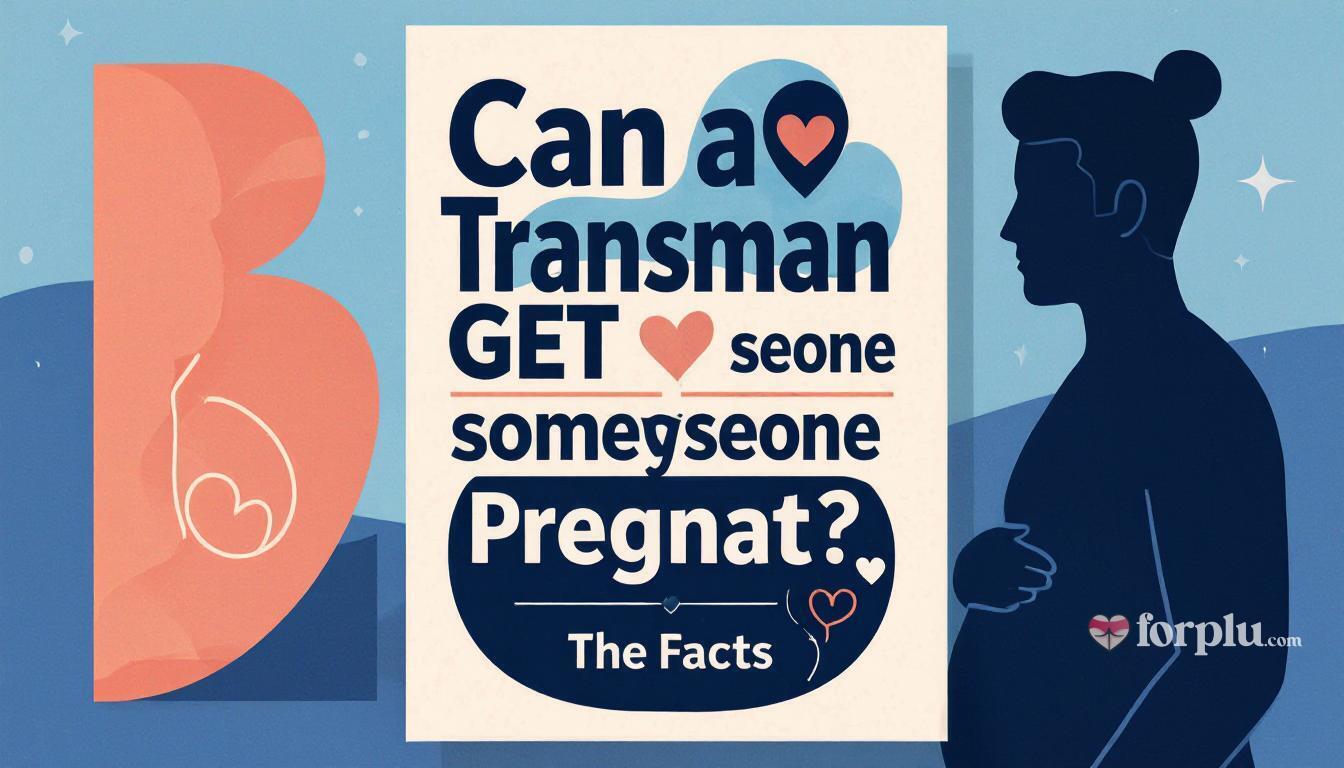Let's talk about woman who identifies as a man (a transman) impregnate another person? It’s a topic surrounded by confusion, so let's clear the air with some straightforward science.
The Basic Requirements for Pregnancy
Making a baby requires three non-negotiable ingredients:
- An Egg: From a person with ovaries.
- Sperm: From a person with testes.
- A Meeting Point: Typically, a fallopian tube.
In 99.999% of pregnancies, these ingredients meet through penis-in-vagina intercourse. It’s biology’s most common, age-old method.
Can a Transman Get Someone Pregnant?
Let’s be direct: No, a transman cannot impregnate another person.
Here’s why. A transman is someone assigned female at birth who identifies as male. While gender identity is a deeply personal experience, it doesn’t change biological hardware.
A person born with ovaries produces eggs, not sperm. No medical procedure or hormone therapy can change the type of gametes (sperm or egg) a body was designed to produce. Since a transman does not produce sperm and lacks the anatomical means to deliver it, pregnancy isn’t possible through sex.
If a transman and his partner wish to have a child, they pursue paths like donor sperm or IVF—not through intercourse.
What About Intersex Individuals?
Intersex conditions involve natural variations in reproductive anatomy. But this doesn’t create a biological gray area in terms of impregnation.
True ovotesticular disorder (sometimes inaccurately called hermaphroditism) is extremely rare. Even in these cases, an individual almost never produces both viable sperm and eggs. And even if they did, they would lack the functional anatomy to deliver sperm to impregnate another person.
There’s no such thing as a “half-sperm, half-egg” cell. Gametes are binary: you produce one or the other.
The Myth of Self-Impregnation
You might have heard wild theories about intersex people capable of self-impregnation. While technically possible in someone producing both viable sperm and eggs, it is virtually unheard of.
There are only about 11 documented cases in human history, and the genetic outcomes are severe due to excessive DNA replication errors. It is not a realistic or safe path to pregnancy.
The Bottom Line
So, can one woman impregnate another? Biologically, no.
Pregnancy requires sperm. Without it, conception can’t occur through sex. Understanding the difference between gender identity and biological sex is key to having informed, respectful conversations on this topic.
For more clear-eyed explanations on life's big questions, visit forplu.com.










